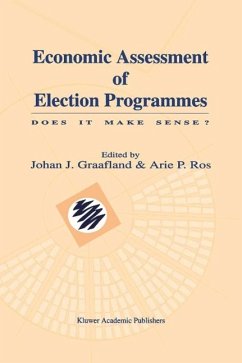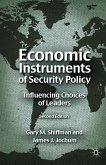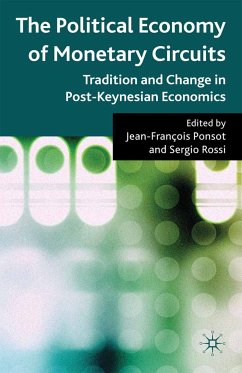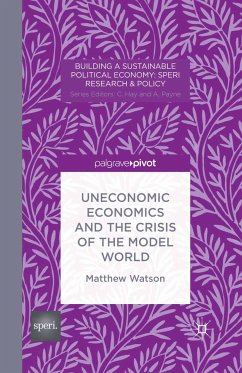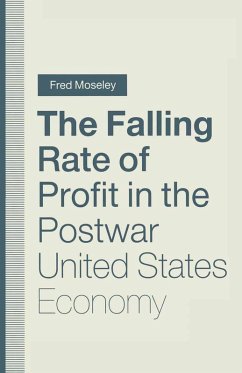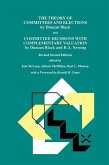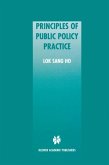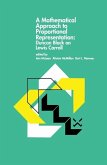In the Netherlands, the election programmes of the political parties are assessed for their economic impact by an independent economic bureau. The result of this analysis is published just before the elections take place. In this way, the voter will be protected against political parties that try to win the elections by making popular but unfounded financial promises.
Economic Assessment of Election Programmes contains contributions of several distinguished economists and philosophers who consider the gains of this procedure to society. Does the analysis by the Netherlands' Bureau for Economic Policy Analysis (CPB) raise the democratic quality of the elections? Can we really be confident in the tools of economics? The last section of this volume states the opinion of representatives of the political parties. This part also clarifies why political parties voluntarily participate in this process and how they perceive the role division between the political party and CPB.
Economic Assessment of Election Programmes contains contributions of several distinguished economists and philosophers who consider the gains of this procedure to society. Does the analysis by the Netherlands' Bureau for Economic Policy Analysis (CPB) raise the democratic quality of the elections? Can we really be confident in the tools of economics? The last section of this volume states the opinion of representatives of the political parties. This part also clarifies why political parties voluntarily participate in this process and how they perceive the role division between the political party and CPB.
Dieser Download kann aus rechtlichen Gründen nur mit Rechnungsadresse in A, B, BG, CY, CZ, D, DK, EW, E, FIN, F, GR, HR, H, IRL, I, LT, L, LR, M, NL, PL, P, R, S, SLO, SK ausgeliefert werden.

